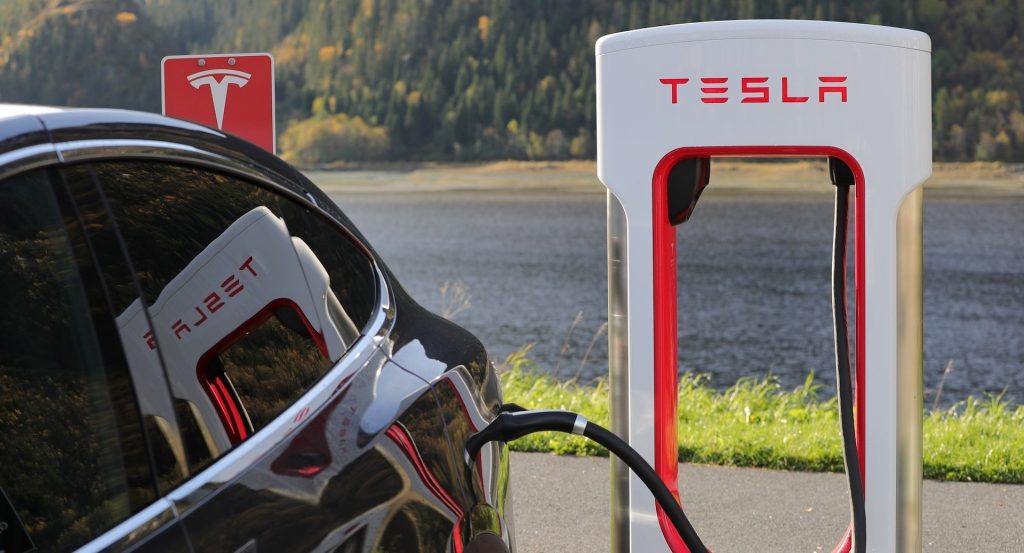The biggest barrier to wireless charging in electric cars is energy efficiency.
Others are reading now
Tesla’s move toward wireless charging could mean big changes for the future of electric vehicles, but for now, it’s still in the concept phase.
Tesla’s Inductive Charging Is Different
The company recently unveiled a new autonomous taxi design, the “Cybercab,” which Tesla envisions using an inductive charging system.
The idea of wirelessly charging vehicles, much like charging smartphones, has been discussed for years. However, it’s an idea that’s still evolving due to some practical hurdles.
Tesla’s Cybercab is designed to operate without a driver, which poses the challenge of how it will recharge independently, according to Moto.
Also read
Tesla’s solution? A wireless, or inductive, charging pad that the Cybercab could drive onto, aligning with an embedded coil to charge without needing a plug-in station. While it’s a convenient approach, wireless charging comes with downsides:
it’s typically slower and less efficient than wired charging, which may explain why it hasn’t been widely adopted in the industry.
Challenges to Wireless Charging Adoption
The biggest barrier to wireless charging in electric cars is energy efficiency. Current wireless charging methods lose more energy than traditional plug-in chargers, making them less ideal for drivers focused on speed and energy conservation.
Tesla has not released technical details or a timeline for its wireless charging capabilities, so the design may still be under development. There’s also speculation that Tesla is either in early testing phases or previewing a distant-future concept.
Tesla’s ambitious goals for wireless charging may remind some of previous Tesla announcements, such as the Cybertruck and Roadster, both of which took years to materialize after their initial unveilings. The Cybertruck was first previewed in 2016 but only began production in late 2023.
Similarly, Tesla announced the new Roadster in 2017, but the car remains in the concept phase. These delays are common, and Tesla’s long timelines suggest that while the wireless charging Cybercab is intriguing, it may be a long wait before it’s widely available.


